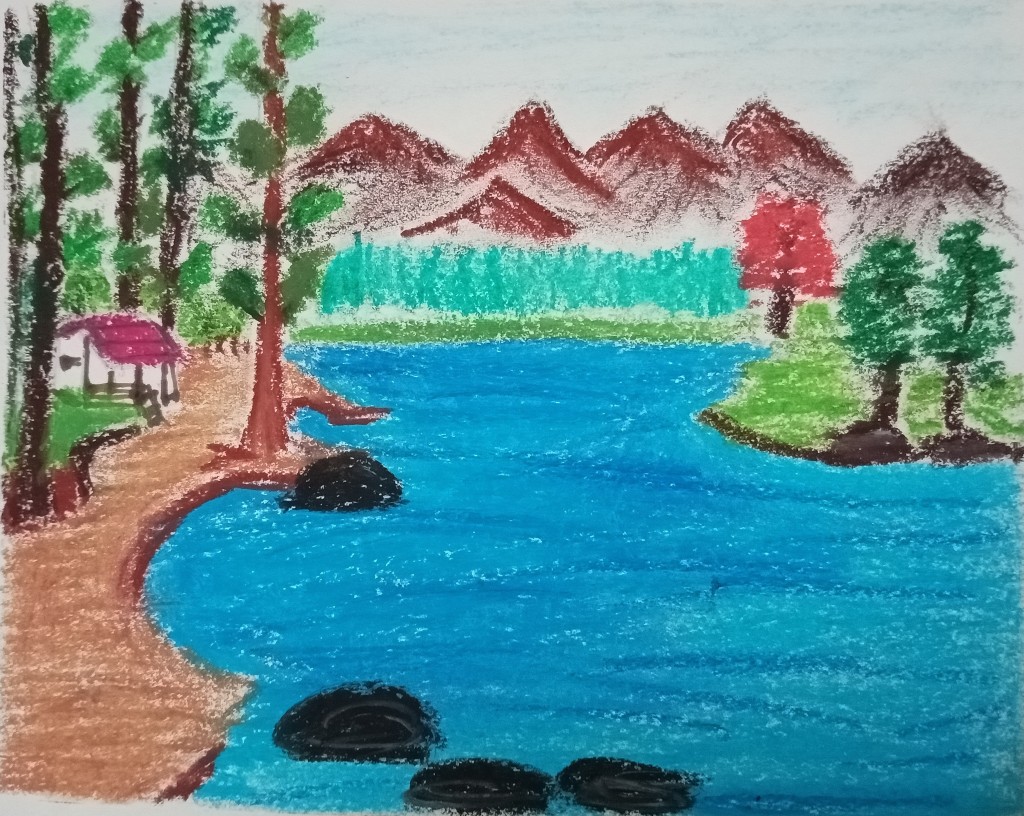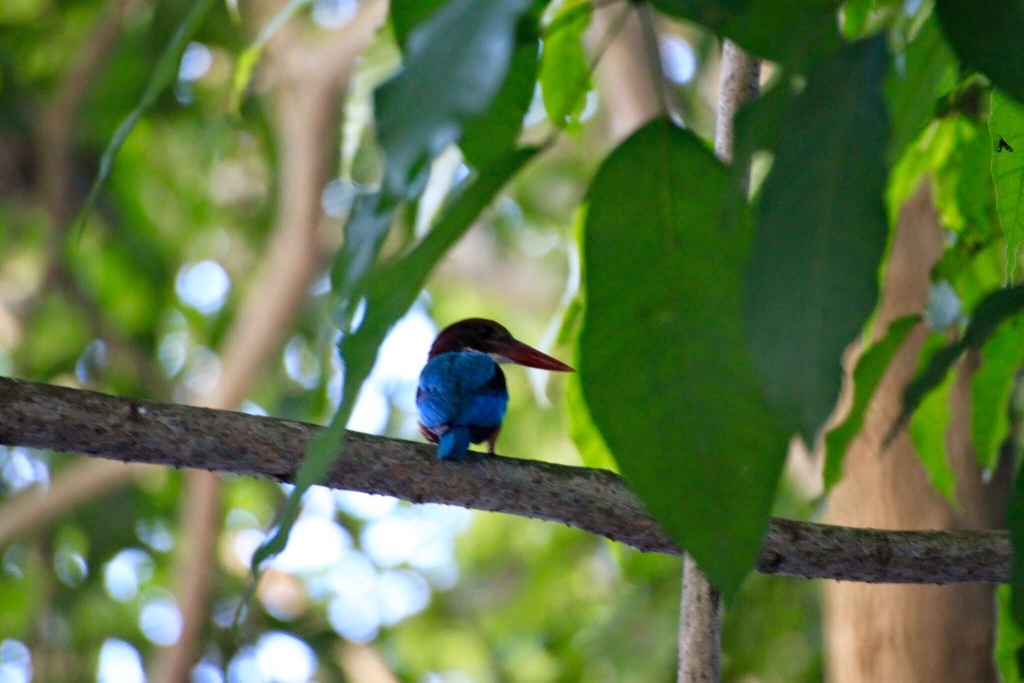
Editorial
We had Joy, We had Fun … Click here to read
Conversations
A conversation with Nazes Afroz, former BBC editor, along with a brief introduction to his new translations of Syed Mujtaba Ali’s Tales of a Voyager (Jolay Dangay). Click here to read.
Keith Lyons converses with globe trotter Tomaž Serafi, who lives in Ljubljana. Click here to read.
Translations
Barnes and Nobles by Quazi Johirul Islam has been translated from Bengali by Professor Fakrul Alam. Click here to read.
Cast Away the Gun by Mubarak Qazi has been translated from Balochi by Fazal Baloch. Click here to read.
One Jujube has been written and translated from Korean by Ihlwha Choi. Click here to read.
A Hymn to an Autumnal Goddess by Rabindranath Tagore, Amra Beddhechhi Kaasher Guchho ( We have Tied Bunches of Kaash), has been translated by Mitali Chakravarty. Click here to read.
Poetry
Click on the names to read the poems
Michael Burch, Gopal Lahiri, Ryan Quinn Flanagan, Hawla Riza, Reeti Jamil, Rex Tan, Santosh Bakaya, Tohm Bakelas, Pramod Rastogi, George Freek, Avantika Vijay Singh, John Zedolik, Debanga Das, Rhys Hughes
Poets, Poetry, and Rhys Hughes
In Do It Yourself Nonsense Poem, Rhys Hughes lays some ground rules for indulging in this comedic genre. Click here to read.
Musings/Slices from Life
Meredith Stephens explores Japanese and Californian hot springs with her camera and narrative. Click here to read.
Kardang Monastery: A Traveller’s High in Lahaul
Sayani De travels up the Himalayas to a Tibetan monastery. Click here to read.
Ghosts, Witches and My New Homeland
Tulip Chowdhury muses on ghosts and spooks in Bangladesh and US. Click here to read.
Musings of a Copywriter
In Red Carpet Welcome, Devraj Singh Kalsi re-examines social norms with a scoop of humour. Click here to read.
Notes from Japan
In Baseball and Robots, Suzanne Kamata shares how both these have shaped life in modern Japan. Click here to read.
Stories
Paul Mirabile tells a strange tale started off by a arrant Tsunami. Click here to read.
Neera Kashyap gives a poignant story around mental health. Click here to read.
Jahanavi Bandaru writes a strange, haunting tale. Click here to read.
Nirmala Pillai explores different worlds in Mumbai. Click here to read.
Essays
The Oral Traditions of Bengal: Story and Song
Aruna Chakravarti describes the syncretic culture of Bengal through its folk music and oral traditions. Click here to read.
Belongingness and the Space In-Between
Disha Dahiya draws from a slice of her life to discuss migrant issues. Click here to read.
Ravi Shankar takes us to Lima, Peru with his narrative and camera. Click here to read.
The Saga of a Dictionary: Japanese-Malayalam Affinities
Dr. KPP Nambiar takes us through his journey of making a Japanese-Malyalam dictionary, which started nearly fifty years ago, while linking ties between the cultures dating back to the sixteenth century. Click here to read.
Book Excerpts
An excerpt from Kailash Satyarthi’s Why Didn’t You Come Sooner?: Compassion In Action—Stories of Children Rescued From Slavery. Click here to read.
An excerpt from Rhys Hughes’ The Coffee Rubaiyat. Click here to read.
Book Reviews
Somdatta Mandal reviews Usha Priyamvada’s Won’t You Stay, Radhika?, translated from Hindi by Daisy Rockwell. Click here to read.
Aditi Yadav reviews Makoto Shinkai’s and Naruki Nagakawa’s She and Her Cat, translated from Japanese by Ginny Tapley Takemori. Click here to read.
Gemini Wahaaj reviews South to South: Writing South Asia in the American South edited by Khem K. Aryal. Click here to read.
Bhaskar Parichha reviews One Among You: The Autobiography of M.K. Stalin, translated from Tamil by A S Panneerselvan. Click here to read.
.
Click here to access the Borderless anthology, Monalisa No Longer Smiles
Click here to access Monalisa No Longer Smiles on Kindle Amazon International



